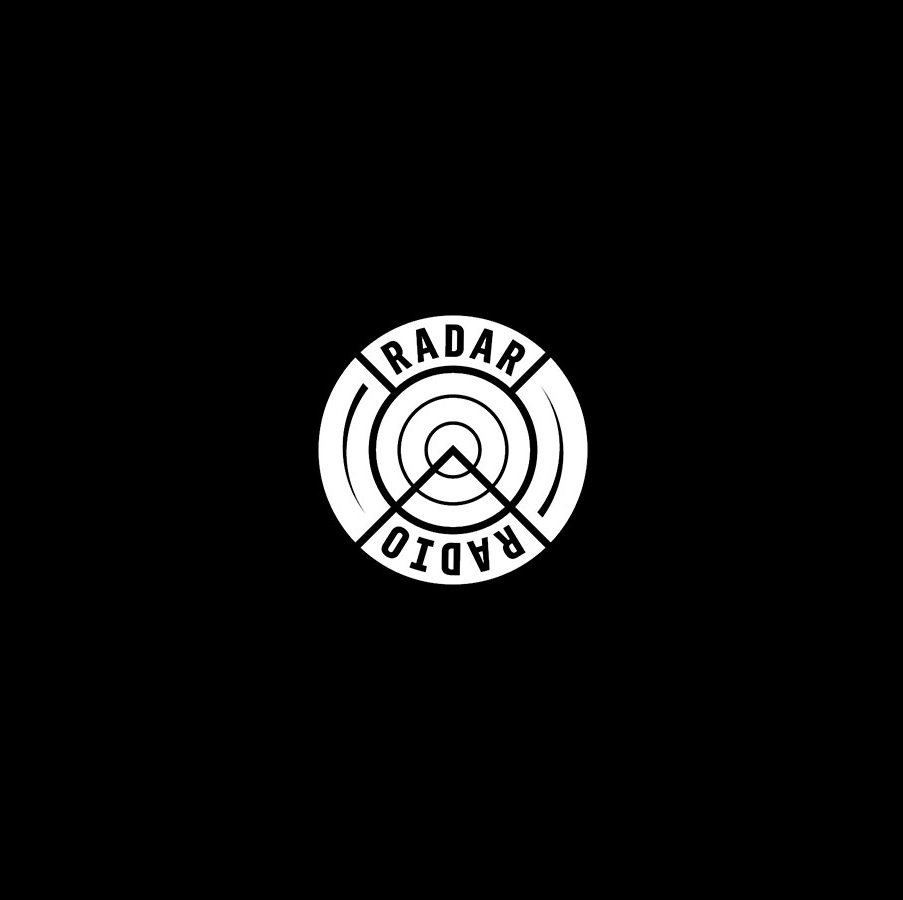Welcome to the new era of our Do You Even Archive? Series. Over the next several weeks we will be talking to some of the world’s most prolific, influential and visible online radio stations to learn about how they manage and preserve their ever-growing archives of DJ mixes, live sets, and interviews.
These stations are giving underrepresented artists and DJs a platform to share their music and ideas and are documenting tidal shifts in the global cultural and societal landscape; keeping a daily record of the underground movements existing outside the lines. We think that’s something worth saving so let’s find out how they’re doing it.
Part 1: Radar Radio
Collection size: 1.6TB
Hours of audio: 8.000 hours
Radar Radio is relatively new to the game compared to other London based web radio stations but Radar’s role in the city is a necessity for any community that wants to grow and progress. The station was started in 2014 by Ollie Ashley whose time at NTS and Rinse FM led him to conceive and offer a station for the novices and up-and-comers who couldn’t find a place at NTS or Rinse. Since its conception the station’s reputation has grown considerably but the DIY ideals remain the same. Radar is a place for those who want to learn and grow, a incubator that empowers and educates lesser represented scenes while maintaining quality and defining UK grime, hiphop, afro-beat, techno and more.
We asked Station Manager Ben Fairclough about how the station is keeping and preserving a record of their influential broadcasts, some of which at this rate are going to be sought after rarities when their growing roster of on-the-rise stars breakthrough.
Do you make a focused and consolidated effort to keep an archive of all your shows and preserve them for the long term?
Yes, we’re very keen to make sure that we keep all of our content from the station’s output safe and backed up on an archive. It’s not specifically a persons role to do so but we have infrastructure within the station to do so.
Why do you archive and preserve your history of broadcasts?
We archive the station’s output to store moments for future use. Whether that be just to reminisce personally as staff browsing through our achievements or whether that’s to include in future shows as content. We also like to re-use & re-broadcast special repeats on the station at certain points in the year (Christmas etc).
What type of content do you broadcast and what from this content do you archive?
We broadcast mainly in audio only, however a large portion of the station’s output is filmed & live streamed now as that is a strong way to engage with our audience. We archive all the audio output and then any video content we do is archived separately. Live streams are done through Facebook so that is all stored on there and then certain high profile streams are archived separately the that.
What platforms and methods do you use to broadcast?
Audio we broadcast via a web streamer that is linked with our website, TuneInRadio & Sonos Radio. Then any video streams are all done via Facebook & Youtube.
How do you retrieve or record the content you broadcast? Where is this content initially saved? And in what file formats?
We record via a QNAP system which automatically records into 320 MP3 format. There is also a back up recorder running alongside this to record the same format but as a physical copy onto an SD card. For recording pre-recorded content & video content that is off air we record everything into WAV files via ProTools.
Do you migrate this material to other platforms for storage and web presentation?
For long term storage we currently use a Google Drive System.
What kind of schema do you use for the content’s metadata? What metadata do you always need to have and what is extra? Do you have a fixed vocabulary for genre tags or do you use others’ vocabularies?
We tag via iTunes and follow a standardised format for files that simply include ‘Radar Radio’, ‘www.radarradio.com’, Artist Names, Genres & Dates.
Do you use any forms of encoding or compression to store your content? No
Do you have any long-term preservation or storage plans that you haven’t achieved / want to achieve?
Personally, I believe our content could be more organised. We also are aiming to store all visual assets (images etc) in a similar format to our audio with RAW & edited images. We currently don’t store all our RAW audio from pre-recorded content that we are also looking to organise and archive for the future moving forward.
Have you ever lost material that you were not able to retrieve? Any big lessons learned?
We have lost material on a number of occasions. When we first started the station all the audio archiving was just on one computer which ended up corrupting some of its hard drive, we lost a few then. We also lost about a months worth of audio whilst using Dropbox to archive our content. For some reason there is a bug where dropbox moved a large amount of our content to the ‘trash’ folder which then clears after a certain period of time. That lost us some and we then moved away from using dropbox entirely.
